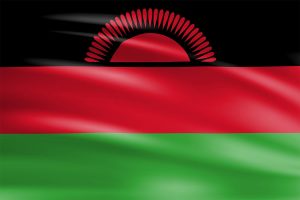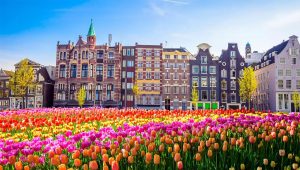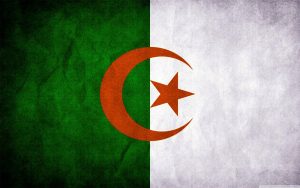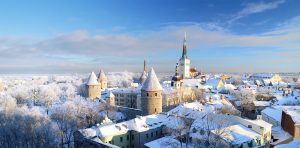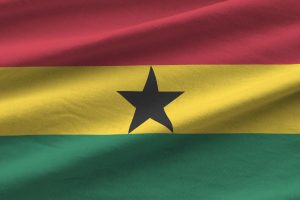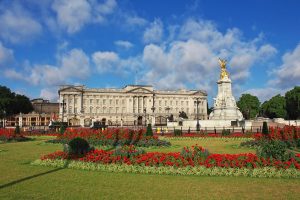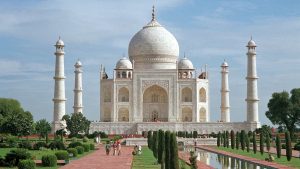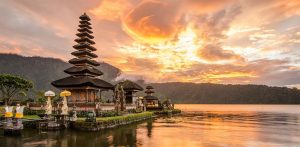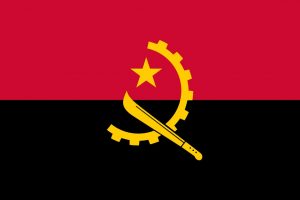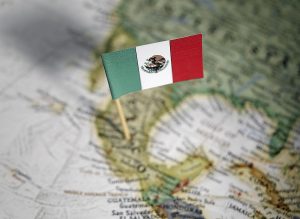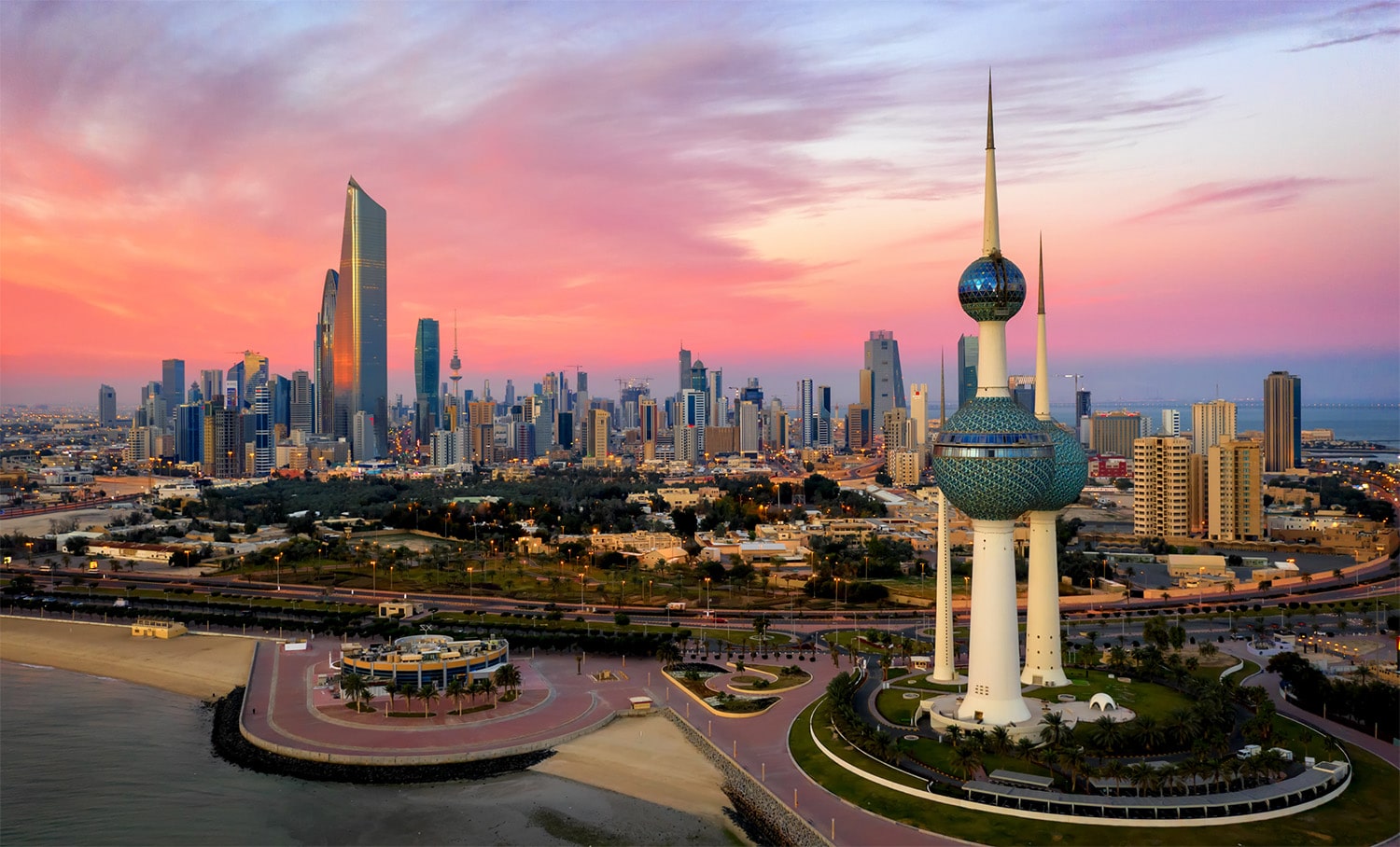
24 interesting facts about Kuwait
- 👁️ 2599
Kuwait, a small yet significant country located at the tip of the Persian Gulf, is known for its rich cultural heritage and significant economic status. Despite its modest size, Kuwait plays a vital role in the global oil industry, possessing some of the world’s largest oil reserves. Beyond its oil wealth, the country boasts a vibrant culture, a deep historical legacy, and modern achievements that make it a unique and fascinating place to explore. From ancient maritime traditions to pioneering achievements in the Gulf, Kuwait’s story is one of resilience, prosperity, and innovation. Here are 24 interesting and informative facts about Kuwait that highlight its importance, culture, and contributions to the world.
- Kuwait has the sixth-largest oil reserves in the world, making it one of the leading oil-exporting countries.
- The country gained independence from British protection on June 19, 1961.
- Kuwaiti dinar (KWD) is the highest-valued currency unit in the world.
- The name “Kuwait” is derived from the Arabic word “akwat,” meaning “fortresses built near water.”
- Kuwait was the site of the ancient civilization of Dilmun, dating back to 2000 B.C.
- The Al-Sabah family has ruled Kuwait since the 18th century.
- Kuwait City, the capital, is known for its modern architecture, including the iconic Kuwait Towers.
- The Liberation Tower in Kuwait City is one of the tallest telecommunications towers in the world.
- Kuwait was the first Gulf country to establish a constitution and parliament.
- The country experienced a devastating invasion and occupation by Iraq on August 2, 1990, which led to the Gulf War, ending in February 1991.
- Kuwait has a high-income economy backed by the world’s sixth-largest oil reserves.
- The country offers free education to its citizens up to the university level.
- Kuwait has one of the lowest unemployment rates in the world.
- The traditional Kuwaiti sailing ship, known as “Dhow,” played a significant role in maritime trade and pearl diving.
- The Kuwait National Museum, looted during the Iraqi invasion, houses artifacts that tell the story of Kuwait’s history and culture.
- Kuwait is one of the hottest countries in the world, with temperatures reaching up to 54°C (129°F) in the summer.
- Failaka Island is one of Kuwait’s most important archaeological sites, with history dating back to the Dilmun civilization.
- Kuwait’s legal system is based on Islamic law (Sharia), civil law, and customary law.
- The Tareq Rajab Museum in Kuwait houses a rich collection of Islamic art, including manuscripts, ceramics, and metalwork.
- Kuwait invests heavily in healthcare, providing free public healthcare services to its citizens.
- Souk Al-Mubarakiya is a traditional market in Kuwait City, offering a glimpse into Kuwaiti heritage with its variety of goods and foods.
- The Sheikh Jaber Al-Ahmad Cultural Centre, also known as the Kuwait Opera House, is a prominent cultural and arts venue.
- Kuwait is working on diversifying its economy through the “Kuwait Vision 2035” initiative, aiming to reduce its dependence on oil.
- The country is a founding member of the Gulf Cooperation Council (GCC), established in 1981.
Kuwait’s rich history, cultural depth, and economic achievements make it a country of great interest on the global stage. From its ancient roots as a center of trade and civilization to its modern role as an oil powerhouse and cultural hub, Kuwait offers a compelling story of progress and resilience. As the country continues to evolve and diversify its economy, it remains a testament to the dynamic interplay between tradition and modernization. Kuwait’s contributions to the world, whether in terms of culture, economy, or education, underline its significance far beyond its geographical size.
